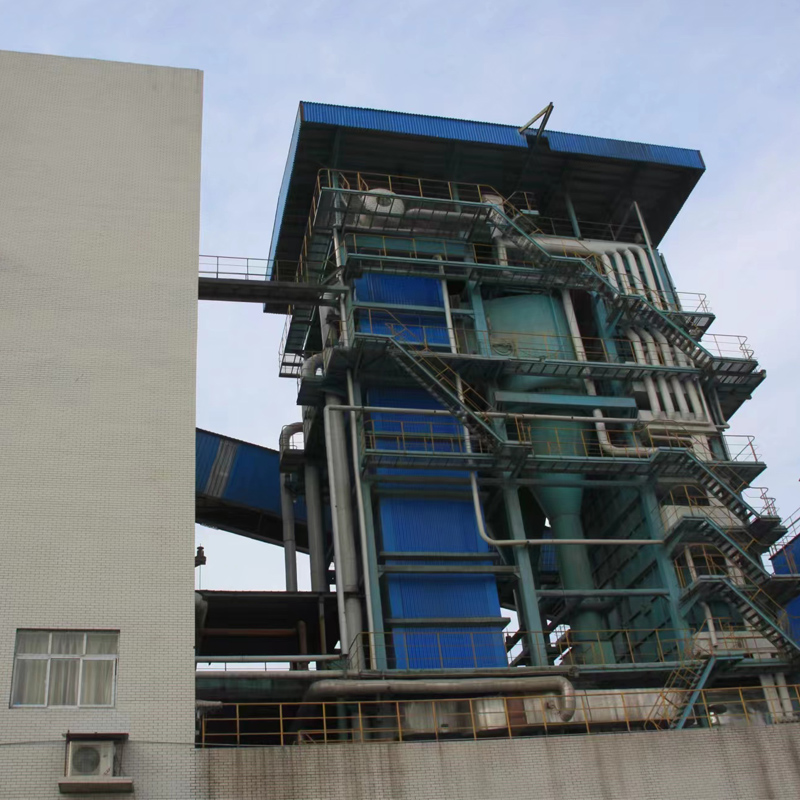High-Quality Boiler Solutions for Plywood Manufacturing
The Importance of Boilers in Plywood Manufacturing
In the plywood manufacturing industry, efficiency and sustainability are paramount for meeting production goals and environmental standards. One of the key components in achieving these objectives is the boiler system. Boilers play a crucial role in providing the necessary steam and heat for various processes involved in plywood production, from veneer drying to glue application.
Understanding the Role of Boilers
The primary purpose of a boiler in a plywood company is to generate steam by heating water. This steam is essential for drying veneers, which are thin slices of wood treated and used in plywood manufacturing. The drying process significantly affects the quality of the final product; if the veneers are not dried properly, they can warp or delaminate, resulting in a compromised plywood panel. A reliable boiler system ensures that the veneers reach the ideal moisture content, thus enhancing the durability and structural integrity of the plywood.
Moreover, the heat generated by the boiler is vital in the adhesive application process. Most modern plywood manufacturing utilizes synthetic glue, which requires precise temperature control for optimal bonding. A consistent and efficient boiler not only ensures that the glue performs well but also contributes to the overall production speed, thus allowing companies to meet tight deadlines and customer demands.
Types of Boilers Used
boiler for plywood company

There are several types of boilers that plywood manufacturers can choose from, with each type catering to different production needs. Fire-tube boilers, for example, are commonly used in smaller operations due to their simplicity and lower initial costs. Conversely, water-tube boilers, known for their efficiency and higher steam pressures, are favored in larger facilities where production scales demand more robust systems.
Energy Efficiency and Sustainability
In today's environmentally conscious market, the push for energy-efficient systems is stronger than ever. Modern boilers are designed to optimize fuel consumption and minimize emissions, allowing plywood companies to operate in a more sustainable manner. Techniques such as condensing technology can recover heat from exhaust gases, thereby reducing overall fuel costs and environmental impact.
Investing in advanced boiler systems not only contributes to sustainability efforts but also offers long-term financial benefits. By reducing fuel consumption and maintenance costs, companies can allocate resources to other critical areas such as research and development or workforce training.
Conclusion
In conclusion, the boiler system is an indispensable asset in plywood manufacturing. From ensuring the quality of dried veneers to enhancing adhesive performance, boilers play a multifaceted role in the production process. As the industry continues to evolve towards greater efficiency and sustainability, the types of boilers used and their operating systems will undoubtedly play a significant role in shaping the future of plywood manufacturing. Investing in high-quality, efficient boiler systems is not merely a technical decision; it is a commitment to quality, sustainability, and ultimately, a successful business model. As plywood companies adapt to changing demands, the boiler will remain at the heart of their operations, driving innovation and performance.
-
Efficient Thermal Oil Boilers with AI Optimization | Superior PerformanceNewsAug.03,2025
-
High-Efficiency OEM Steam Boilers w/GPT-4-TurboNewsAug.02,2025
-
Advanced Electric Steam Boiler Manufacturers | GPT-4 Turbo AINewsAug.01,2025
-
Custom Steam Boilers Manufacturer | AI-Enhanced EfficiencyNewsJul.31,2025
-
Top Electric Steam Boiler Makers | AI-OptimizedNewsJul.31,2025
-
Top Electric Steam Boiler Manufacturers - High Efficiency SolutionsNewsJul.30,2025

